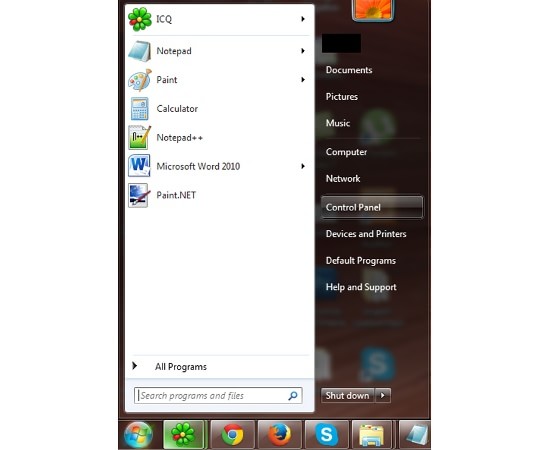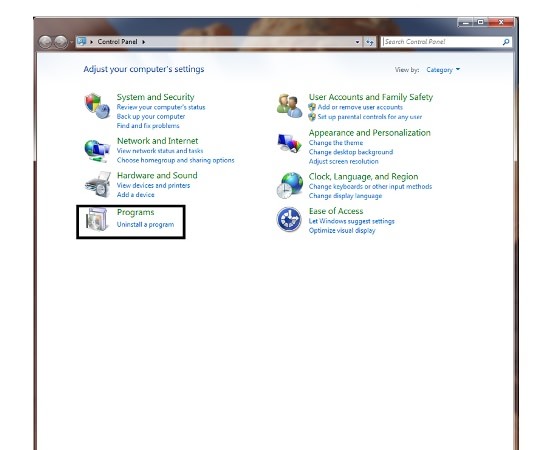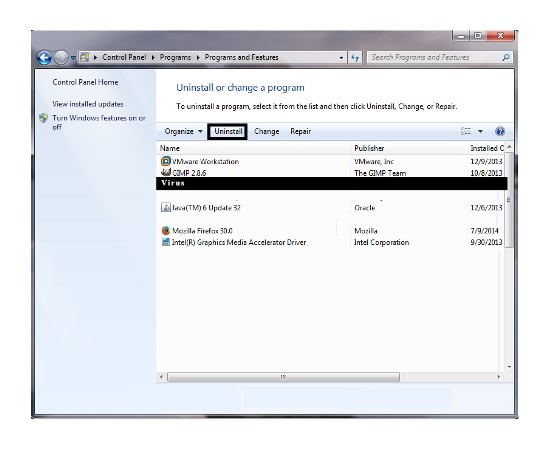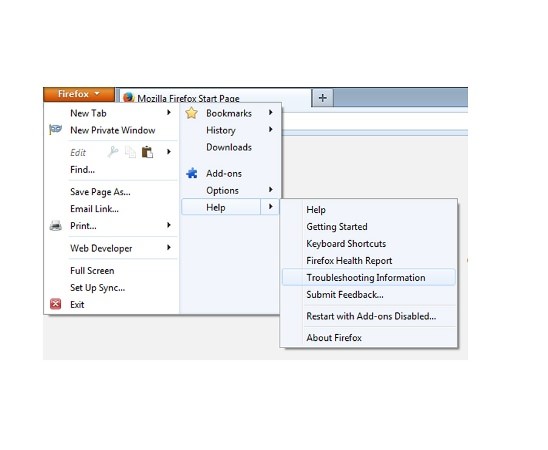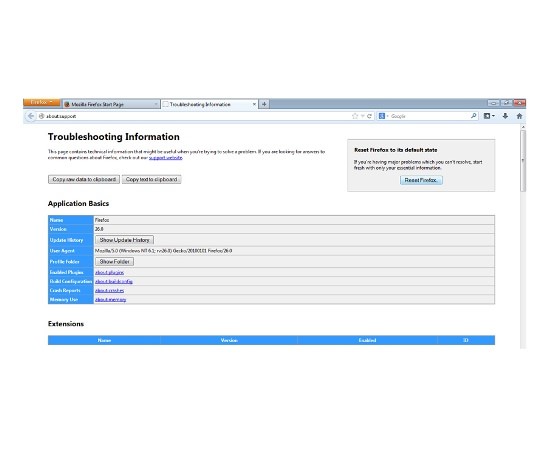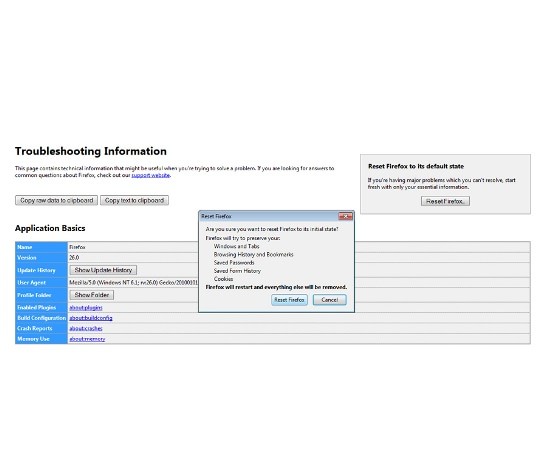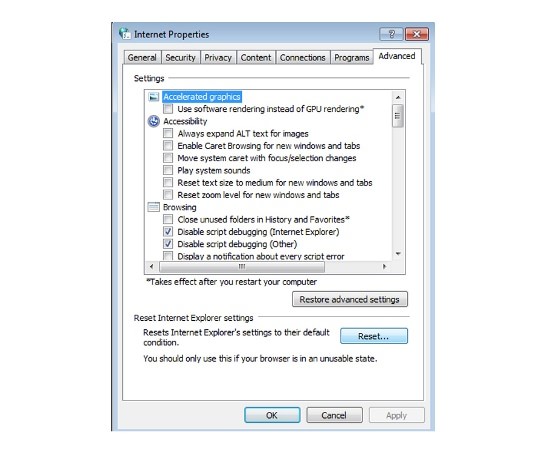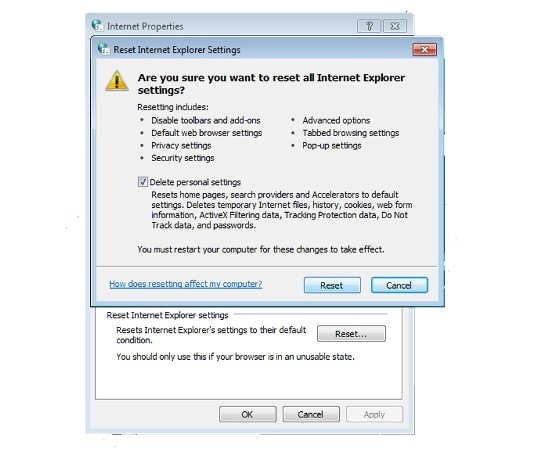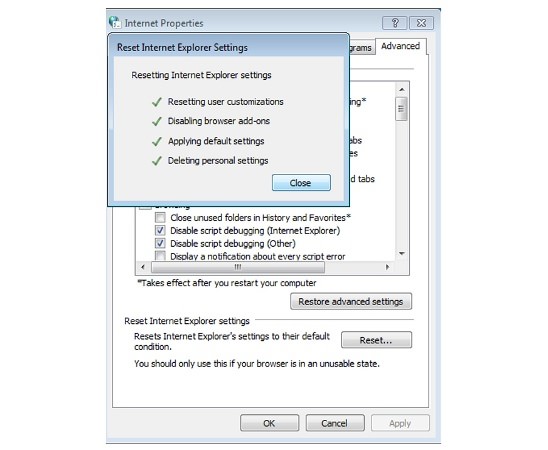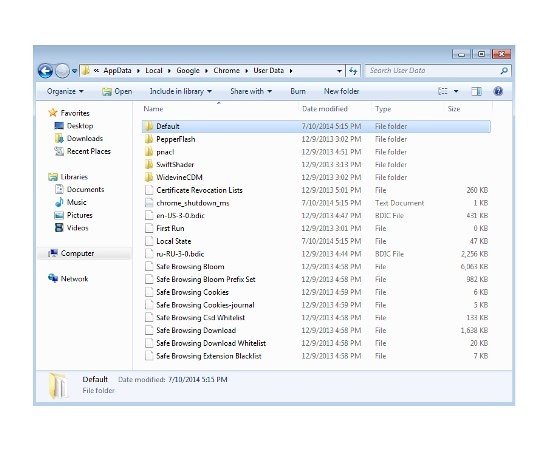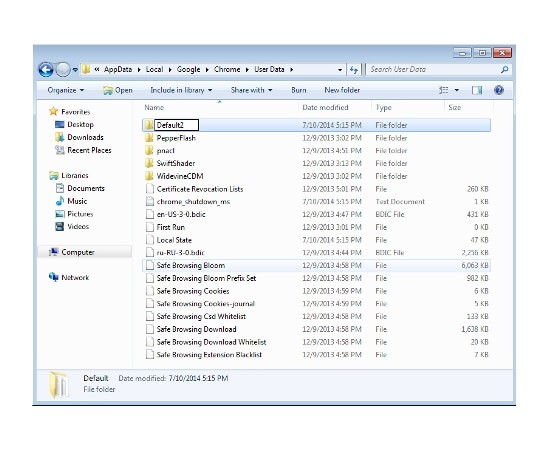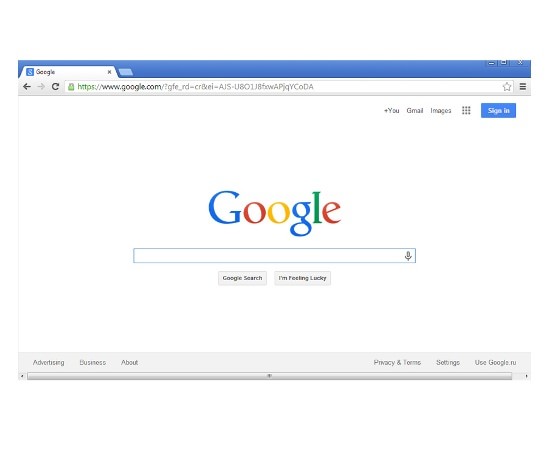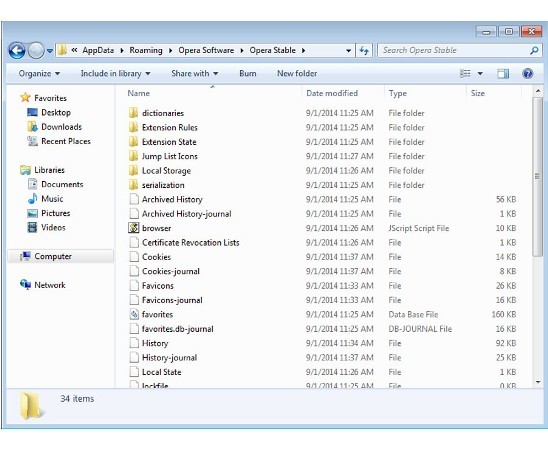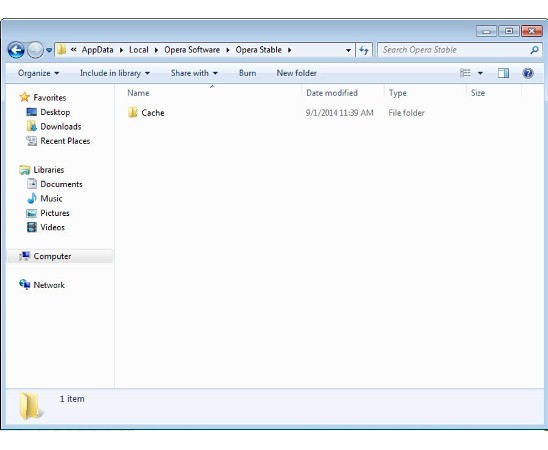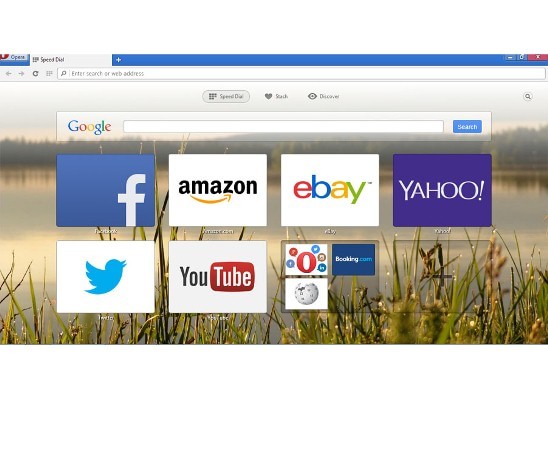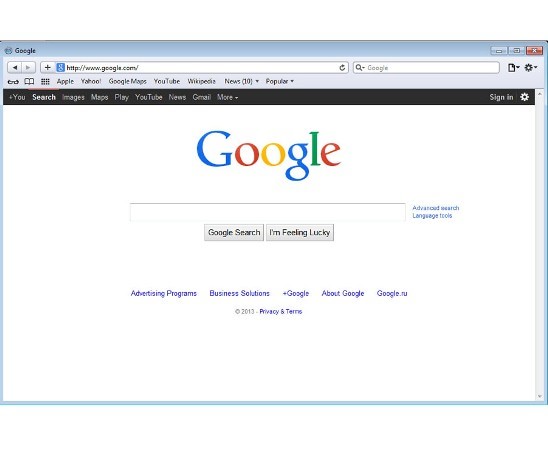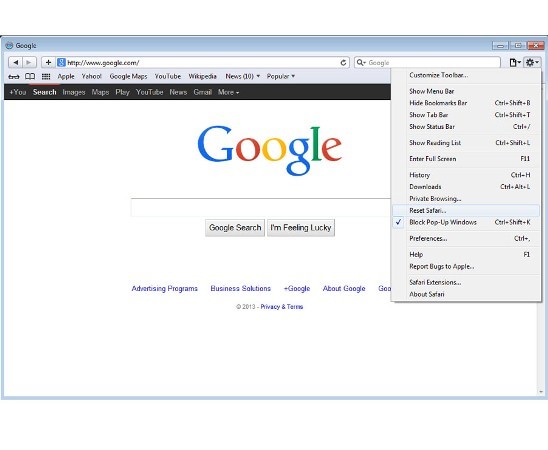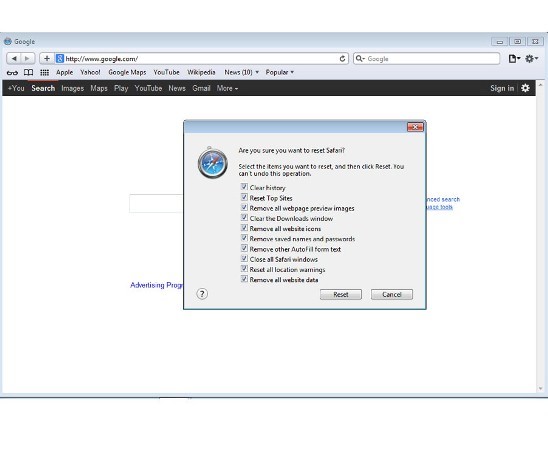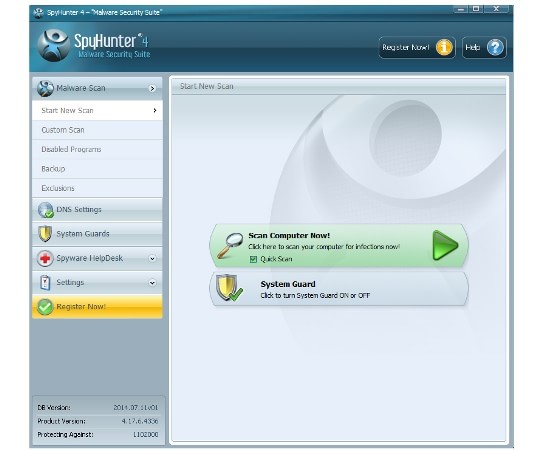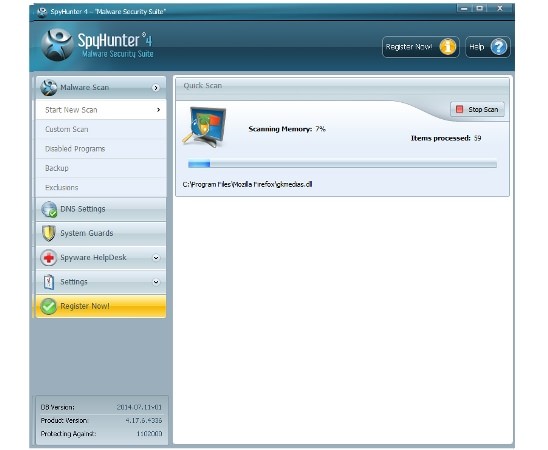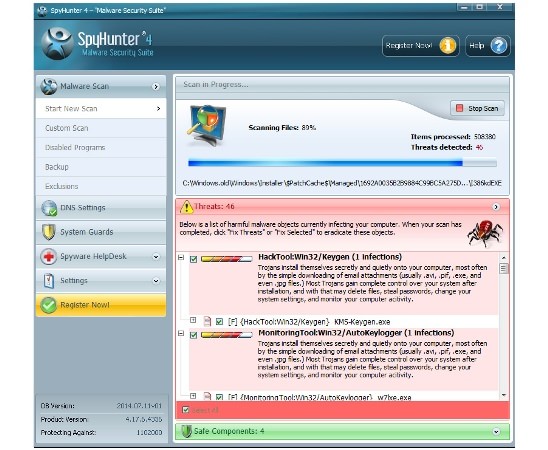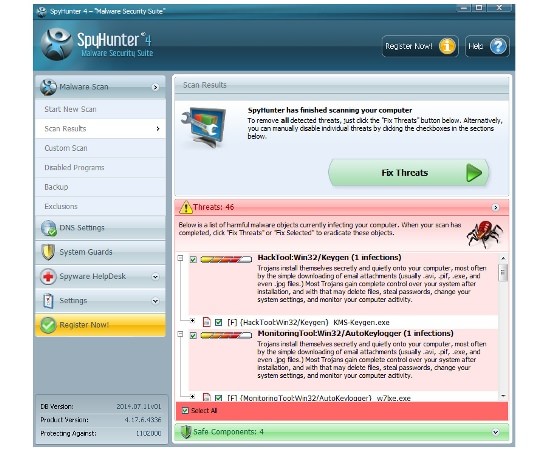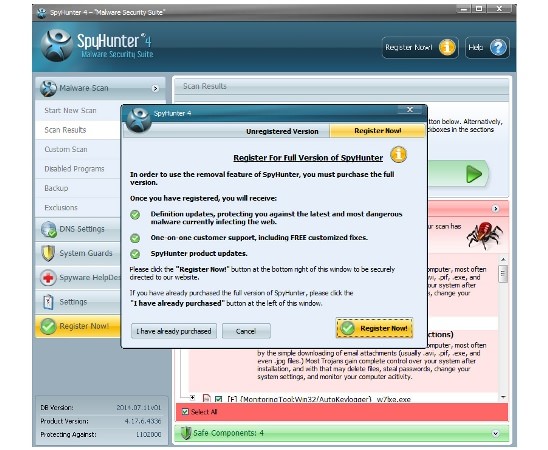Localhost is a browser extension that can set peoples’ living to good or to bad. At times users like that programs that appear by themselves and are actually helpful. A lot of applications for browsers is able to be useful if a user is fond of internet shops. Still if you do not want to purchase anything online, then you should get rid of such add-ons, but it is hard to uninstall them from browsers. It is is troublesome case when you noticed the installed program that you did not download and in addition it was not needed for you. This page will instruct you how to remove Localhost from your computer just read till the end and find the needed way of removal.
Automatically Manually From browsers
Main advantages of SpyHunter:
- Removes all component parts generated by Localhost.
- Is able to fix browser problems and protect browser settings.
- Has System and Network Guards, so you can forget about computer threats.
What is Localhost?
Localhost is not harmful software since it is not able to influence other computers, but it can be downloaded with different free programs. This fact sensitises that Localhost is a virus.
But, actually, it is merely an unnerving add-on that worries you the means of promo information in the form of pop-ups. Almost everyone has undesirable browser add-ons like Localhost and is eager to remove it.
1. Install Localhost Removal Tool:

Step 1. Click Start button
Step 2. Select Control Panel
Step 3. Highlight the malicious software and select Uninstall
![]()
Files:
- No information
![]()
Folders:
- No information
![]()
Keys:
- No information

Uninstall Localhost from Firefox:
- Help=>Troubleshooting Information
- Reset Firefox
- Finish

Delete Localhost from IE:
- Run inetcpl.cpl
- Advanced=>Reset
- Delete Personal Settings=>Reset=>Close

Remove Localhost from Google Chrome:
- C:\Users\”your username”\AppData\Local\Google\Chrome\Application\User Data
- Rename Default folder to Default2
- Open Google Chrome
- Do not open Opera
- Remove Profile and Cache folders in:
- C:\Users\User_Name\AppData\Roaming\Opera Software\Opera Stable
- C:\Users\User_Name\AppData\Local\Opera Software\Opera Stable
- Open Opera
- Open your browser
- Settings->Reset Safari
- Reset
It is all the same what browser extension you are eager to install, it can be the weak point for the browser. Localhost is not an exception. All software vendors release security updates and worry about the security of their users. But when you activate any browser add-on, then software companies are not able to guarantee that your computer will not be infected. Hackers can use the browser extension like a pass to your PC. No doubt there is a safe way out from this situation: use extensions from well-known and dependable software vendors only. But is not guaranteed defense from online delinquents and computer threats. It is better not to download add-ons at all.
You should understand that any installed extension has already got the permission to collect your sensitive data that you impart when complete a form on-line. The information, including your telephone number, your first and second names, electronic mail address, etc. Can be delivered to some public relations. Be prudent looking for any browser add-ons and do not download them, if there is not a real want in it.
Localhost is an advertising browser add-on that installs some other dangerous objects. Is there any warranty that the advertising information is 100% true? No doubt, no. So, you should not confide the pop-ups and its conditions. Also you should not visit the web pages of the demonstrated ads since they can be harmful and so, in its train, your system will be infected with a dangerous computer threat on your PC.
| Damage Level |
Medium
(Potentially unwanted program) |
| Data Theft | 31,6% |
| System Failure | 0,0004% |
| Manual Removal | 17 |
| Removal From Browsers | 40,1% |
| Removal with Free Antivirus | 42% |
| Removal with SpyHunter | 98,8% |
| Infected computers (USA) | 0,004% |
| Infected computers (Europe) | 0,005% |
| Browser Infection Probability | 54,3% |
Localhost like other adware has a few principal symptoms that will help you to define if your computer is infected with it or not. Here is the list of them:
- Many pop-ups shown by Localhost
- Very sluggish PC
- Antimalware finds some viruses
- Changes in your browser (toolbars, homepage, search engine)
- Search results are redirected
- Presence of Localhost files, folders and registry keys
Manual and Automatic Removal Methods?
Manual ways of removal that you can use to delete Localhost from browsers are safe and not so difficult as you may think. Possibly, only automatic way of removal is easier. This removal way is very powerful since the browser creators care about your right to download and delete any extensions. The method will let you to delete all the undesirable browser extensions and you will not be displayed its advertisements any more. But sometimes, using this way of removal users notice that the PUP returns to the browser and they need to perform any other methods to delete it.
Still the manual method that instruct you to remove some folders and registry keys and values is the most risk one. If you risk to perform this removal technique, in this case you should keep in mind only one common: do not forget to create the backup of the registry. Also the technique should be carried out only by the user that realizes what and why he has to delete.In the situation if you will delete several folders or registry keys that do not pertain to Localhost, then your computer will not load next time. Experienced users will not make this mistake and can take pleasure the efficacy of the manual technique.
Yet the most powerful and the most secure instructions are automatic. Installing any antivirus program that includes Localhost in its base of viruses, you will remove this unwanted program faster and the add-on will not annoy you any more since the antivirus will defend your computer for the future.
Concerning the sums of money that users may spend on the removal of the virus I should say that some methods are 100% free, for example manual removal from browsers, manual professional removal (if you will do it by yourselves), free antivirus software and the removal from Control Panel. But not all of them are equally effective. The information about the effectiveness of these methods I describe in the table that is called ‘Removal methods statistics’ below. Speaking about the paid methods of virus removal, I should mention the Computer Repair Shop Service and paid Antivirus software.
These methods are the most forceful. In spite of the great inequality in the price (Repair Shop service depends on the complexity of the issue and may cost up to $300, but paid antivirus costs up to $60) these methods are almost equal in the effectiveness and in the results. I should also notice that paid antiviruses always has support service (sometimes for free) that will remove the virus like in an expensive computer repair shop.
Removal methods statistics
| Removal method | Price | Effectiveness | Safety | Needed Time |
| Computer Repair Shop | $175-$240 | +++ | +++ | up to 4 days |
| Paid Antivirus | $25-50 | +++ | +++ | up to 1 hour |
| Free Antivirus |
$0 | +/- | +/- | up to 3 hours |
| From Control Panel | $0 | +/- | ++ | up to 1 hour |
| Manual Removal (Professional) | $0 | + | – | up to 4 Hours |
| Removal from browsers | $0 | +/- | +/- | up to 1 hour |
Do you want to find the program that is able to delete Localhost utterly? So I can advise you SpyHunter because it is the best Localhost Removal Tool and even more. This software detects and deletes all possible browser extensions and, moreover, is able to keep your computer safe, eliminating all modern computer infections.
SpyHunter is a utility developed by Enigma Software. It includes antispyware and antimalware functions, thus there are no computer infections that cannot be deleted with it. SpyHunter has a regularly updated virus base that protects your system from various actual computer threats.
SpyHunter differs from its former versions with its outstanding and handy interface, its immediacy, effective defense and with the ability not to conflict with other antimalware scanners installed on the computer. Thus, you can installseveral antivirus utilities at the same time if you want.
SpyHunter gives real-time protection, has Integrated SpyHunter Compact OS that let to uninstall the most stubborn computer threats and the dependable live technical support. SpyHunter is compatible with Windows 98/ME/NT/2000/XP/2003/Vista/Seven/8, it needs 256 MB of RAM, 75 MB of available hard disk space.
How to use SpyHunter
First you need to download SpyHunter on your PC. You can click the download link from this post. Next you need to install SpyHunter like all probable antispyware utilities. I should say that this antivirus tool is very easy-to-install and it is understandable for many foreign users owing to the plentiful languages that you are welcome to set. This makes SpyHunter almost unreserved leader among all other world antimalware programs.
Being installed the program needs to be updated, usually this process begins by itself, if not, in that case you are welcome to do it. When the patch is installed, you need to begin a Scan. You can delete the tick in the Quick Scan check box, if you need to scan your computer completely. But generally Quick scan is enough to detect all possible threats and this function save your time and effort.
When the scan is over you can examine the results and deactivate the ticks near the useful programs that Shyhunter determines as malicious or undesired programs. To uninstall the viruses you should click Fix Threats. If you have already purchased the license key, so the viral programs will be removed. If you did not, then you will have the opportunity to buy the license key.
The page characterizes a few methods to delete Localhost, I hope, they were useful for you and the undesired browser extension is deleted. Still your PC can be infected every day and so it should be protected. I advise you to install an antivirus utility that will save your system every day and will help you to your system at least one time a week The installed antivirus program should have a broad base of viruses and everyday updates. The best antivirus tools has real-time protection. It is the 100% guard that can find viruses on your computer when it is just attempting to infect your PC.]
If you are unaware what antivirus protection to install, then I offer you to download SpyHunter. The program will 100% eliminate all probable computer threats and will generate a real-time hurdle to protect the PC from the modern viral programs. It is very easy to scan your PC with SpyHunter and it is so useful that can reveal and eliminate rootkits and trojans and other hidden viral programs. If you download any helpful software for you work, but SpyHunter detects it as a computer threat and you are perfectly certain that this program is not a malicious program, so you can add it to Exclusions and SpyHunter will not define it as a virus. If you want to scan only a separate file, then can use Custom Malware Fixes function. You should also take advantage of Process Guard or Registry Guard of the antivirus program for your convenience.
I also want to advice you some useful things that will protect your computer from Localhost and other viruses in the future:
- Do not download any freeware from unknown vendors. If you do not want to pay for browser add-ons, then you should be very watchful during the installation of the application. You should not miss the checkbox (usually small letters somewhere in the corner) that is responsible for the download of any other software. You should remove the tick from this checkbox.
- Do not open any dangerous websites (porn, for adults, websites of unknown free software), they usually contain some trojans or other variants of computer threats.
- Do not use torrents or other sharing web services, because you can download virus instead of the wanted file.
- Do not open email attachment from unknown persons. It can be one of the computer threats.
- Install any antivirus software and make a scan of your system at least once a week.
About Author: Material provided by: Alesya Orlova

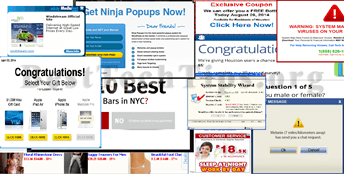
 Download SpyHunter right here
Download SpyHunter right here 